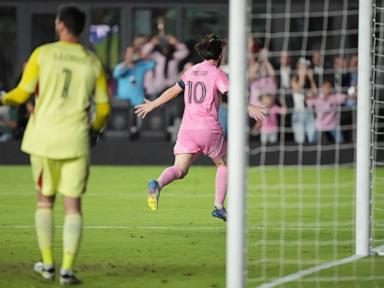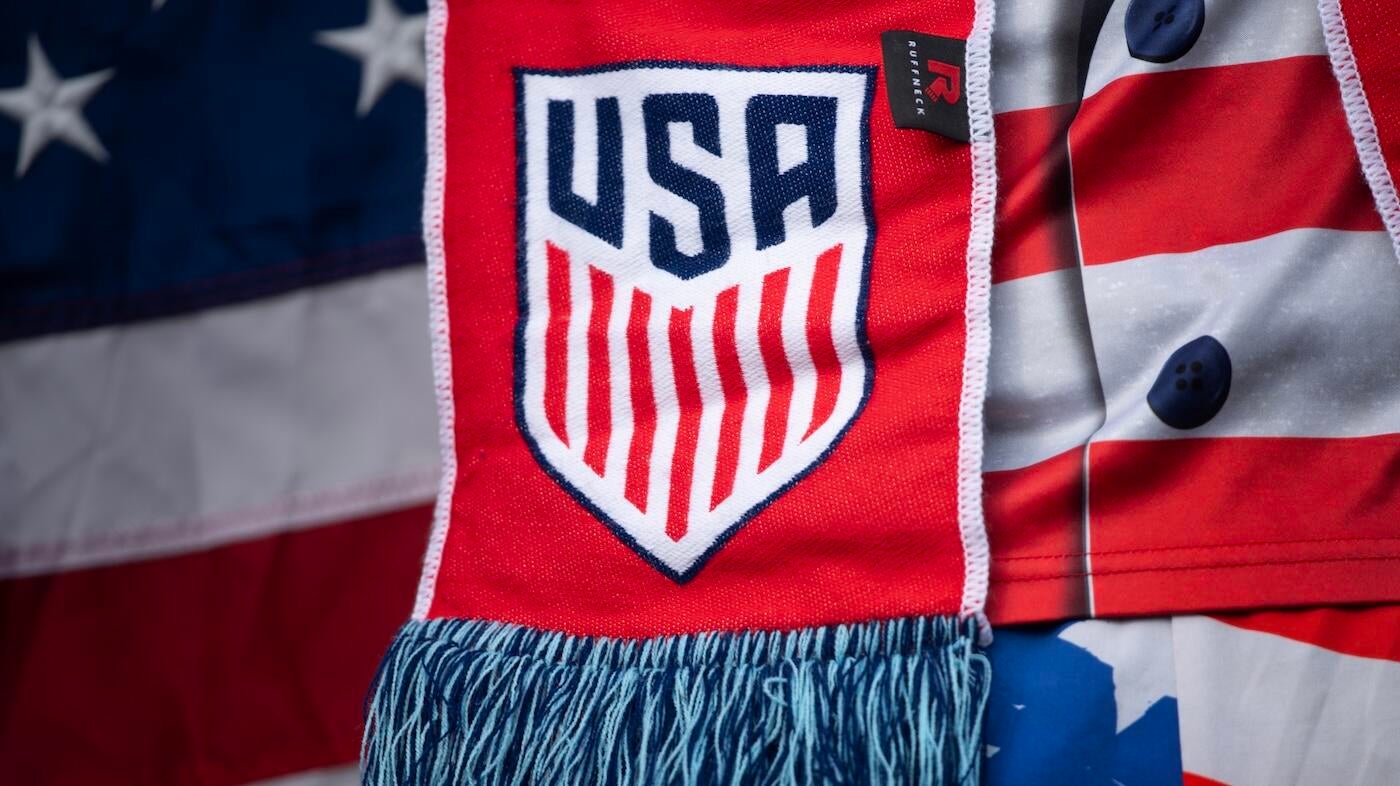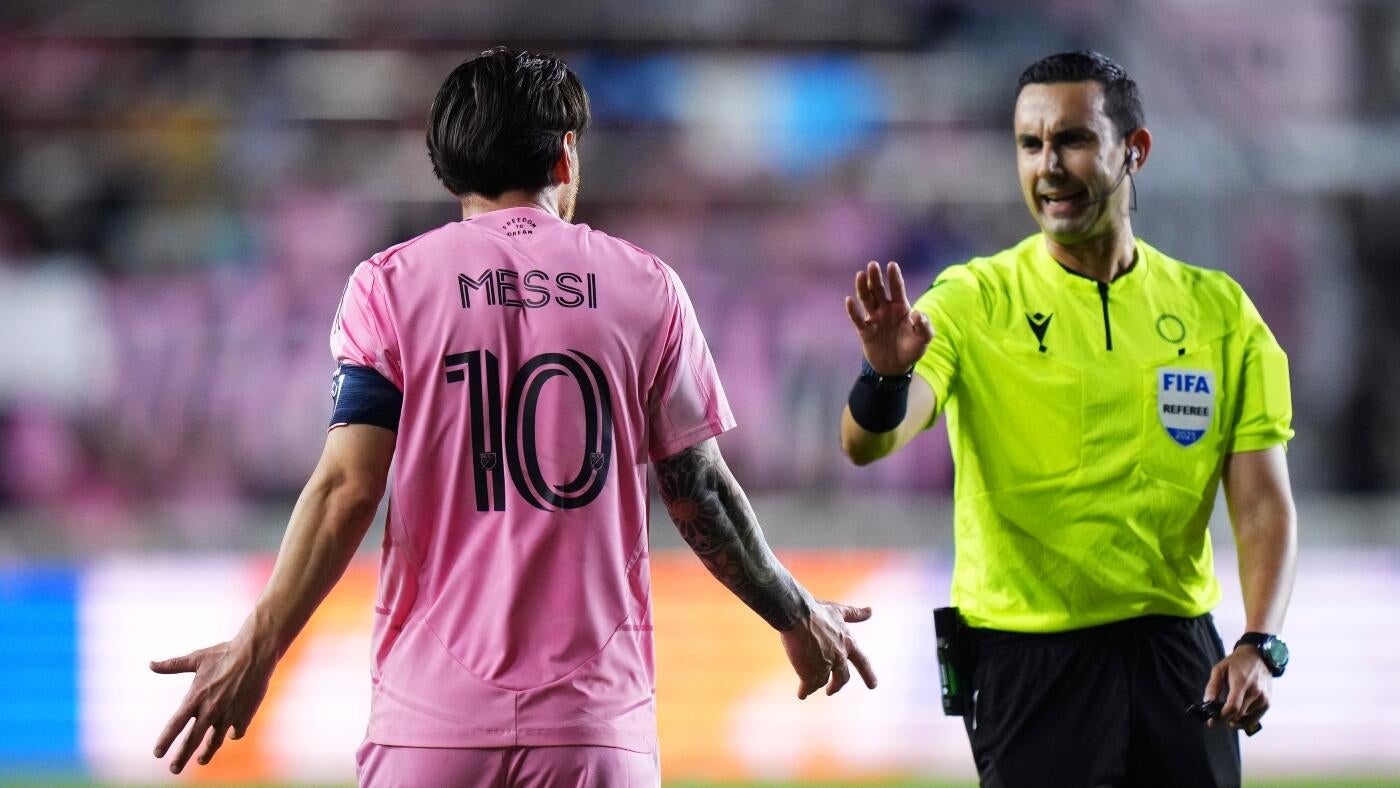
It was a good weekend for the French and Irish teams in last weekend’s Investec Champions Cup and an equally poor one, Northampton Saints aside, for the English and South African sides. It is still precipitous to choose eventual winners but there is little serious money being bet on teams from outside the two first-mentioned countries. What does this say about the quality of club rugby in England, or South Africa for that matter?
The answer is precious little, beyond what we already know. The Irish and French sides are stronger per squad and that is not going to change any time soon. Unfortunately, the composition of the competition and its season-long sprawl is not to many fans’ liking and that goes for the broadcasters as well. For those tempted to indulge as casual fans it is even worse.
The fact that Saracens and Harlequins between them conceded 134 points is embarrassing, but given the selections made by both London clubs only the excessive margins were surprising. The results were probably never in doubt. Before launching into a reflexive attack on the coaches for fielding under-strength sides, I suppose you have to balance factors like player workload and their domestic league situations, where Harlequins and Saracens are both still trying to secure top-four places and obviously view that as a priority. You can understand this, but it does nothing for the viability of the European tournament. Nor is it palatable for those who spend their cash to support their teams away from home.
While a tirade about this would be understandable, as would be talking about the stepping-stone of Europe to international rugby, perhaps you might consider the fact that for teams other than in France and Ireland, the European journeys bring in comparatively little income. For the South African sides, it is probably a negative when travel and accommodation and other costs are considered. None of this is the problem of the other countries, it is the choice of the English and South African teams to play, and they have to abide by the tournament rules accordingly. That said, the viability of the whole exercise is questionable if both those countries were not involved.

I am afraid that this all takes us back to the thorny subject of the structure of the season, complicated by the fact that the South Africans are playing while their international side are on a different hemisphere’s timetable. It is less than ideal that the European and domestic league and cup tournaments are strung out across ...







